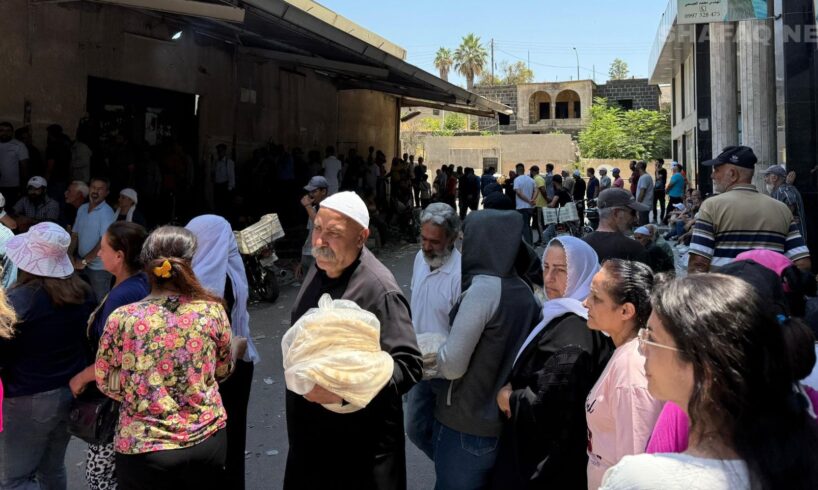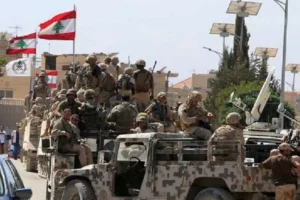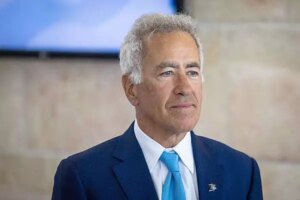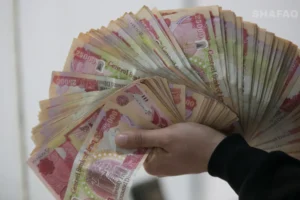
2025-08-03T13:21:37+00:00
font
Enable Reading Mode
A-
A
A+
Shafaq News – Suwayda
The humanitarian situation in
Suwayda, southern Syria, continues to deteriorate under a blockade imposed by
forces affiliated with the transitional government and allied armed groups,
residents reported on Sunday.
The siege has cut off access to
food, fuel, and basic supplies, compounding living and service-related
hardships.
Firas Kamal, a resident of Suwayda
city, described daily life in Suwayda to Shafaq News as unbearable due to the
fuel shortage and the halt in public transport. “Life is nearly paralyzed — no
vehicles, no transport, and not enough electricity to even run a water pump.”
Many areas have experienced water
outages for days, with most wells out of service. Kamal noted that the lack of
electricity and fuel has made it impossible to operate water pumps or carry out
repairs. “There are no resources, and equipment or spare parts aren’t allowed
in.”
Wafa Al-Khatib, a teacher living in Suwayda,
noted that electricity is nearly nonexistent and usually reserved for official
buildings. “We don’t know when power comes or goes. We’re trying to cope, but
it’s unsustainable, especially for families with children and the elderly,” she
told Shafaq News.
In the city of Shahba, civil
activist Samer Al-Ashi described the situation as a “silent catastrophe.” He
added to Shafaq News that markets are mostly closed, food stocks are dwindling,
and people are standing in long lines just to get bread. “There’s a growing
sense of being trapped, and things are worsening by the day.”
Despite the recent arrival of
limited humanitarian aid through international organizations, Al-Ashi clarified
that it has not been enough, especially as the number of displaced families
grows.
Nadine Al-Aflaq, a volunteer at a shelter
center, reported that aid deliveries are irregular, adding, “Some families
can’t even feed their children or provide them with milk.”
Amid persistent security tensions,
residents of the town of Ara reported fresh gunfire from positions controlled
by pro-government groups, in what appeared to be further breaches of the
ceasefire.
In response to the siege, multiple
cities and towns in Suwayda witnessed protests in recent days. Demonstrators
called for lifting the blockade and demanded international protection for
civilians. Activist Al-Ashi, who joined a protest in the town of Al-Qurayya,
said demonstrators hold the transitional authorities responsible for what they
called “ongoing violations” against civilians.
Separately, several municipal
leaders and heads of local councils rejected an invitation to a meeting
organized by the transitional government. They announced plans to file legal
complaints against official entities for alleged serious abuses against residents.
Residents also reported growing
difficulties in receiving financial remittances from abroad, worsening the
economic strain on families. “Our relatives used to help us from abroad, but
now even that support can’t reach us,” said a local man named Radwan.
Meanwhile, Syria’s Finance Ministry
announced that it had transferred public sector salary funds for Suwayda
employees to bank branches in Izraa city. The move followed “attacks by outlaw
groups on public offices and banks” and aimed to ensure staff safety and protect
public assets, the ministry stated.
Interior Ministry spokesperson Nour
Al-Din Al-Baba dismissed the siege allegations as “propaganda by outlaw
groups,” accusing them of attempting to open unauthorized border crossings
in and outside the country to sustain arms and drug trafficking networks.
With
the main roads still blocked and only one tightly monitored route open — the
Suwayda–Daraa road — the province remains in near-total isolation. Residents
widely agree that the situation is growing more dangerous and requires urgent
humanitarian and international intervention.





